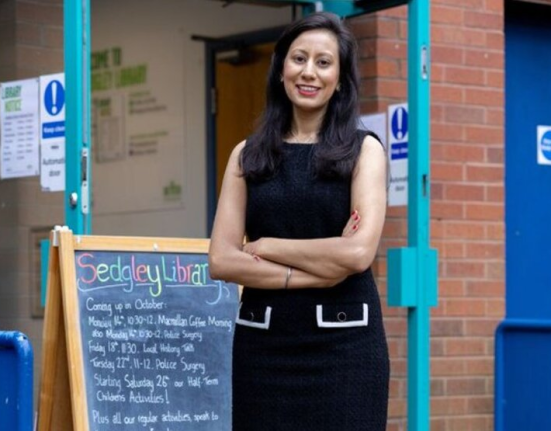Farage challenges BoE Governor
Reform UK leader Nigel Farage and his deputy Richard Tice have urged the Bank of England to rein in taxpayer losses linked to its balance sheet and take a more ambitious stance on cryptocurrency.
The intervention came during a meeting with governor Andrew Bailey in London, which both sides described as constructive.
The rightwing party, which is leading in national opinion polls, has been vocal in its criticism of the Bank’s handling of quantitative tightening (QT). The process involves selling down the vast stockpile of government bonds built up through successive rounds of quantitative easing (QE).
Taxpayer cost of quantitative tightening
At its peak in 2022, the Bank held £875bn in gilts following heavy purchases during the pandemic. As QT proceeds, the Bank is booking losses because it pays more in interest on commercial bank reserves than it earns in coupons on the bonds, while also selling debt at lower prices than it paid.
A 2009 agreement with the Treasury indemnifies the Bank, meaning taxpayers shoulder the cost. Tice said after the meeting that these were “fiscal issues” requiring greater government scrutiny. He warned of a reluctance among MPs to debate the matter, saying: “There’s almost a fear among parliamentarians that they can’t be seen to debate this issue.”
The Bank’s Monetary Policy Committee last week slowed the pace of QT from £100bn to £70bn a year, while holding interest rates at 4 per cent. Bailey has argued that QE and QT should be assessed by their effectiveness in supporting the economy rather than direct costs.
Reform’s demands
Farage and Tice have called for an end to interest payments on bank reserves, claiming it represents a misuse of taxpayers’ money. In June, Tice accused the Bank of “systemic misuse” in a letter to Bailey. The governor replied that any such move would amount to a tax on banks and should only be enacted by an elected government.
Following Thursday’s discussion, Tice said he would press Chancellor Rachel Reeves and Commons leader Alan Campbell to schedule a parliamentary debate in October.
“If parliament doesn’t take a proper role, it’s putting more unreasonable pressure on the governor and MPC,” he said.
Crypto push
Farage also used the meeting to urge the Bank to embrace digital assets. He pressed Bailey to adopt a forward-looking position on cryptocurrencies, arguing they could play a bigger role in the economy. Reform has pledged to slash capital gains tax on crypto from 24% to 10% and to establish a national bitcoin reserve at the central bank.
According to Tice, Bailey acknowledged the need for a “transition” in handling crypto but stressed that standards of quality and regulation must be upheld. The Bank has been working on proposals to regulate stablecoins, a key form of digital currency.
While Reform avoided pressing for faster rate cuts, the meeting underscored the party’s determination to challenge the Bank on fiscal responsibility and position itself as a champion of financial innovation.







